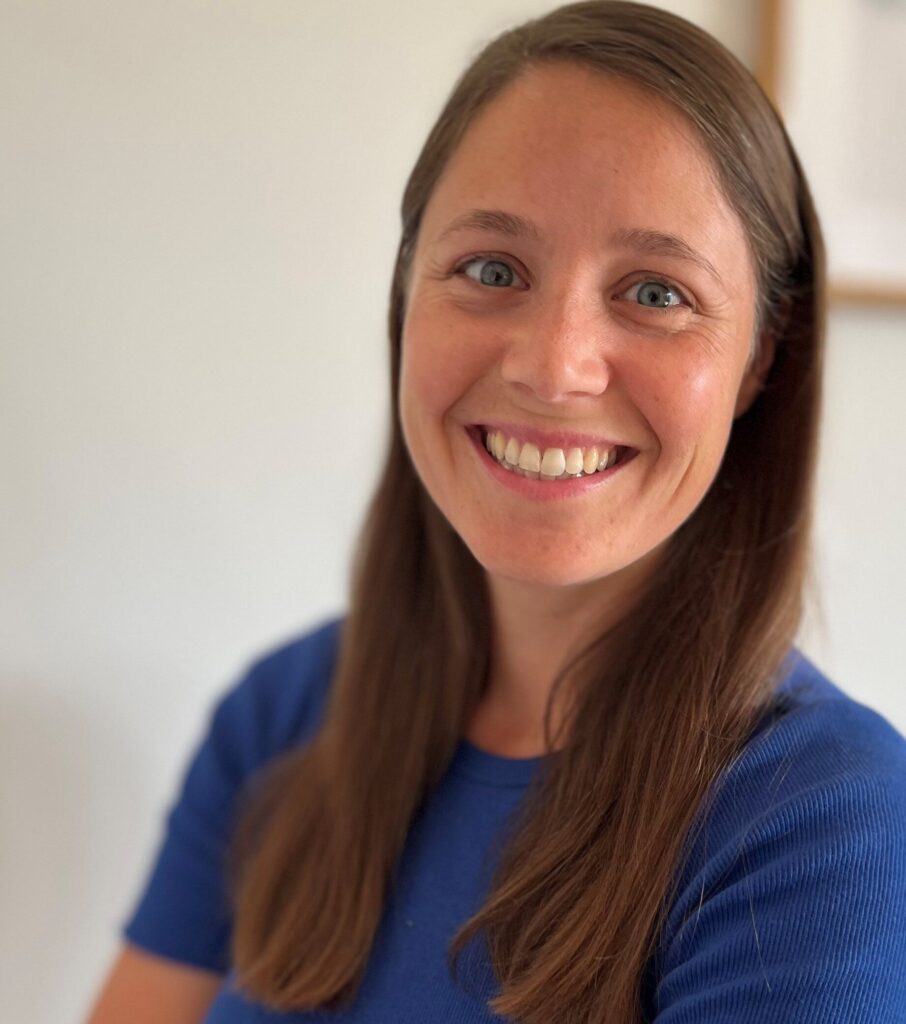
What fascinates you about the Munich Innovation Powerhouse?
What key challenge do you see for the future of mobility in general?
What perspective or expertise do you bring to MCube, which project are you leading or which topic do you exemplify?
"For me, MCube means...
Carolin Zimmer has been working as a research assistant at the Chair of Settlement Structure and Transport Planning since February 2019. She studied geography with a focus on spatial planning and regional development analysis at Justus Liebig University in Giessen. As part of the Governance working group, she works on topics such as the evaluation of innovative mobility projects, citizen participation and stakeholder involvement. Carolin is part of the MCube cluster and is actively involved in the cluster as a project manager in the integration projects and as a strategy team member.
In our project "Effective participation for mobility innovation", we are integrating the topics of participation and communication across the cluster.
Our project deals with evaluation, process evaluation, upscaling, replication and application of the project processes and project results.
The project evaluated the internal processes and the impact of the cluster and used the knowledge gained to further develop the mobility system in a targeted manner.
No results available
In our project "Effective participation for mobility innovation", we are integrating the topics of participation and communication across the cluster.
Our project deals with evaluation, process evaluation, upscaling, replication and application of the project processes and project results.
The project evaluated the internal processes and the impact of the cluster and used the knowledge gained to further develop the mobility system in a targeted manner.
No results available
What is MOSAIQ?
Imagine something: There is more space for people. The streets have more trees and plants. Everyone can get around better. That's how your Schwabing-West district could be in the future. How would you like your district to be? We want to talk to you about it!
The project is called MOSAIQ. MOSAIQ is a research∙project. MOSAIQ means: Mobility and urban climate in the future city∙part. The Technical University of Munich is leading the project.
What is MOSAIQ about?
MOSAIQ wants to make the streets in the city∙part more beautiful. People should feel comfortable there. There should be more space. For meetings and plants, for example. You can help decide what is tried out in the Stadt∙teil. The ideas come from you. Some ideas will be tried out on the streets for a certain period of time.
The aim of MOSAIQ is to make urban districts good places to live.
At the same time, the climate in the city should improve. And people should be able to move around the city easily.
What is happening in the district?